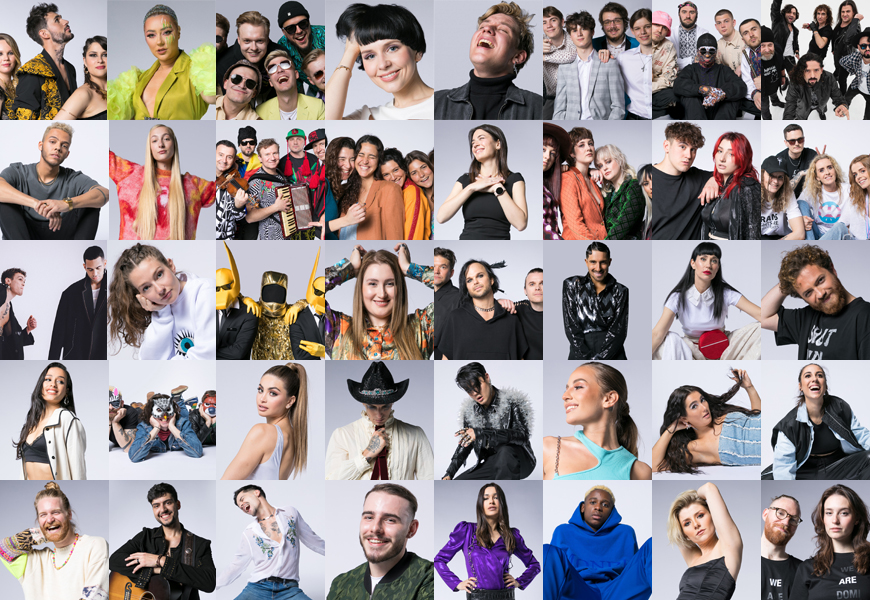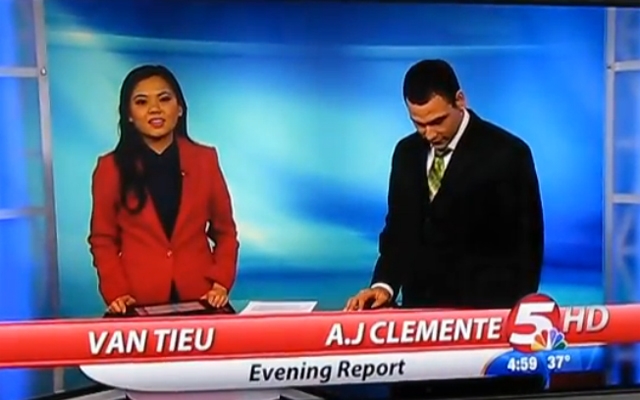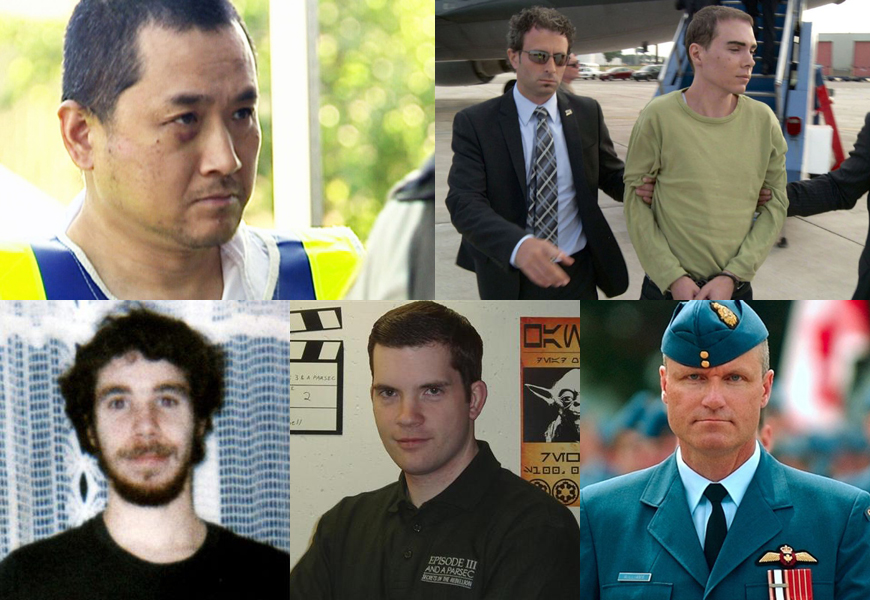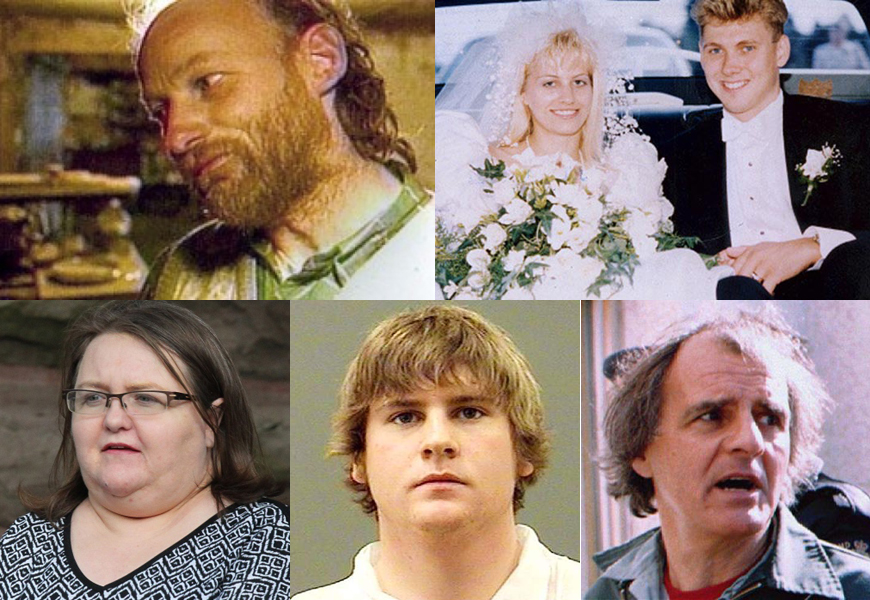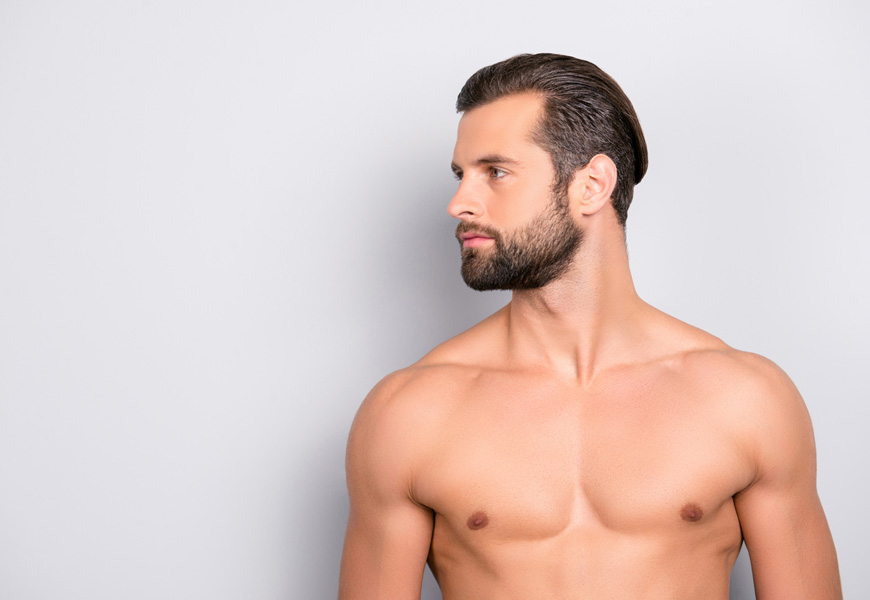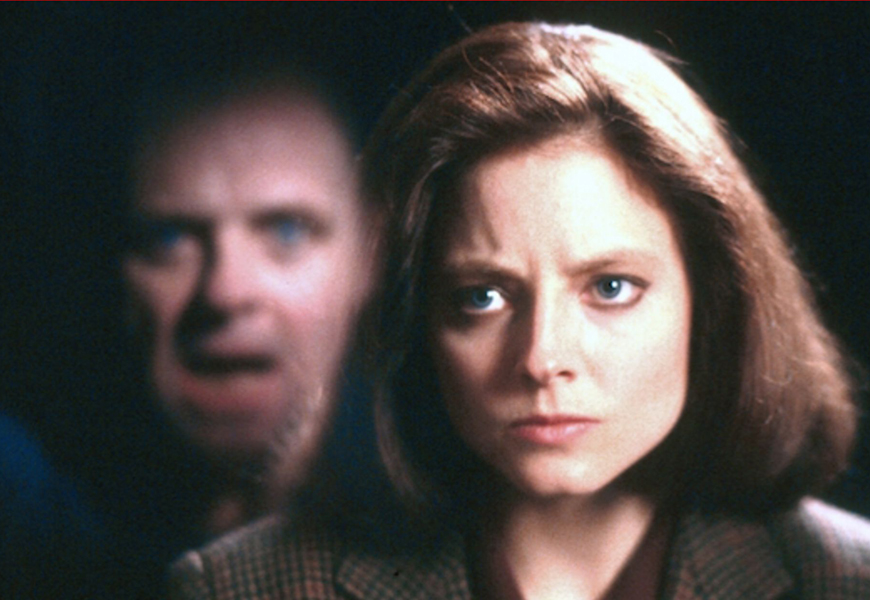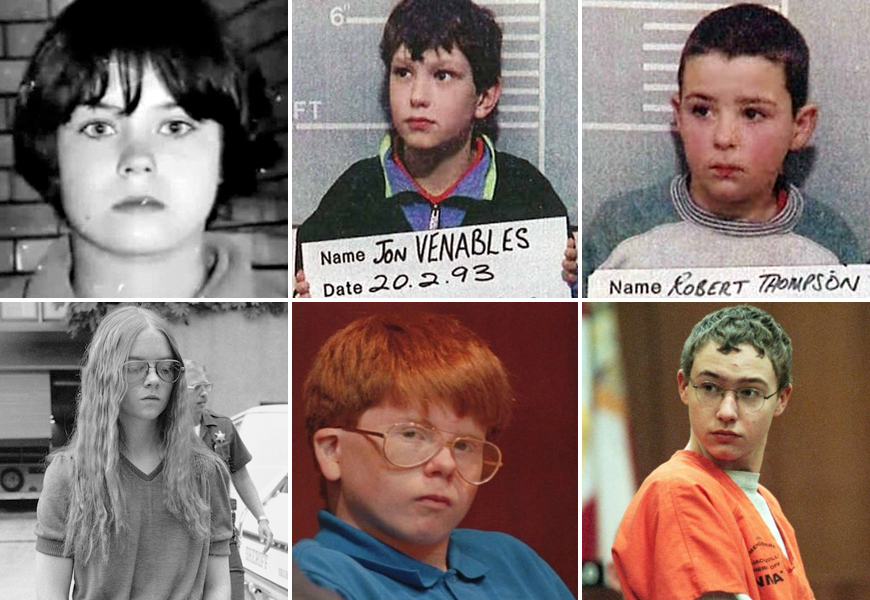Here’s everything Canadians and Americans need to know about Europe’s annual television event that’s watched by around 200 million viewers every year…
Anticipation on social media for the 2022 Eurovision Song Contest is growing, but you might be sitting there, scratching your head and wondering what’s the big deal? The iconic European cultural event is a televised, annual singing competition with contestants representing their home country. The show is a phenomenon in Europe and beyond, drawing more annual viewers than the Super Bowl and inspiring the hit Will Ferrell film Eurovision Song Contest: The Story of Fire Saga (2020). The competition is even expanding to North America with the American Song Contest, which has already kicked off in the US and Eurovision Canada, which will hit TV screens in 2023 with contestants from each of the 10 provinces and three territories performing original songs representing a variety of musical genres.
The 2022 edition of the Eurovision Song Contest will be the 66th to be broadcast throughout Europe, making it one of the longest running television shows in history. Of course, as the contest has grown throughout the years, a different type of competition has emerged aside from individual countries trying to show off their catchy three-minute tunes — bizarre costumes, staging, and choreography have opened up another way to make international pop history. As many of its most unforgettable moments prove, some of the best Eurovision performances have simply been about a country submitting an outrageous performance with the simple hopes that millions of fans will burst into applause.
So in preparation for the big event, which this year takes place on May 10, 12 and 14, 2022 in Turin, Italy (the home nation of last year’s winning entrant, Måneskin), we’ve rounded up everything you need to know to join in on all of the Eurovision fun.
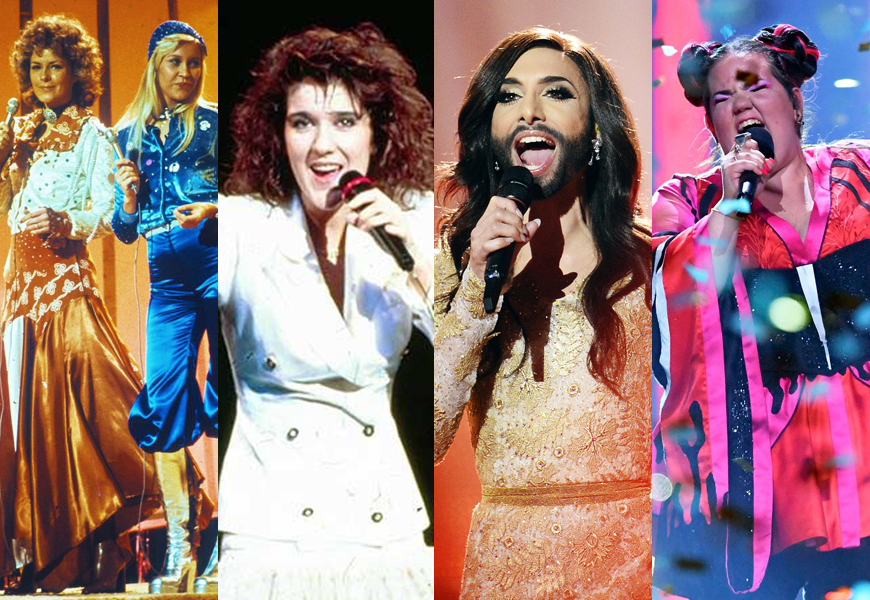
What is Eurovision?
Eurovision began as an idea back in the mid-1950s as a way for Europe to come together after World War II had ripped it apart. With that in mind, the organizers wanted each country to showcase a song that was indicative of their culture. This first ever Eurovision Song Contest took place on May 24, 1956 and it was a pretty revolutionary effort for its time. Television was still in it’s early years and the Olympics hadn’t yet become an international broadcasting event. Eurovision was one of the first major attempts to hold an event that people from a wide range of countries could watch.
Through the years the annual competition has acted as a launching pad to stardom. In 1974 Swedish pop royalty ABBA used a performance of their song “Waterloo” to kick off their career and French-Canadian chanteuse Celine Dion’s win in 1988 was her biggest claim to fame outside of Canada before Titanic came out in 1997. Other contestants you might not have know competed in the music competition include: Olivia Newton-John, Julio Iglesias, Katrina & the Waves, Bonnie Tyler, Engelbert Humperdinck and Russian pop duo t.A.T.u.
How does it work?
First, all of the participating countries have a national contest where they vote on which original song will represent the country at Eurovision. The song may not exceed three minutes, no more than six people can be on stage at a time, and all vocals must be sung live.
The 2022 competition is set to be the 66th edition of the Eurovision Song Contest with 40 different countries participating (Russia had originally planned to participate, but was excluded due to its invasion of Ukraine). It will take place in Turin, Italy, at the PalaOlimpico (one of Italy’s largest indoor arenas) following the country’s victory at the 2021 edition with the song “Zitti e buoni”, performed by Måneskin. It will be the third time that Italy has hosted the contest, having previously staged the event in Naples in 1965 and Rome in 1991. Whoever wins this year will host next year, and so on.
The countries are divide into two semi-finals that take place on Tuesday May 10 and Thursday May 12. The Big Five (United Kingdom, France, Germany, Spain, Italy) will not have to compete in these semi-finals and have automatically advanced to the final. The top ten countries from each semi-final advance to the Grand Final that will be broadcast live from Turin on Saturday May 14 at 8:00pm BST. In total 25 will compete in the Grand Final and get three minutes on stage to shine. Immediately after the last performance, public voting begins as does professional juries for each country.
Voting
The voting system can be a little difficult to wrap your head around… But, most simply the results of the Eurovision Song Contest are decided by 50% televote and 50% jury voting.
Public voting is just like American Idol, Dancing With The Stars or any other voting based television competition. The public votes for their favourite song via text message or telephone.
Each of the 40 competing countries has a jury of five people. Jury members are made up of music industry professionals who are asked to evaluate all of the performances the night of the finale (excluding their own countries performance) based on: vocal capacity of the singer, the performance on-stage, the composition and originality of the song, and the overall impression of the act. The rankings of each of the five jury members are averaged to create a top 10. This top ten is then converted into points from 1-7, 8, 10 and then 12 points for the act the country’s jury liked the most.
The results are announced in two parts. The first results to be announced are the results of each of the 40 national juries. Spokespersons from each of the countries are called upon via satellite link to reveal how they are rewarding their points.
Once all of the jury points have been revealed we will know 50% of the results. Then the public televoting results will be announced. The televoting results from all of the countries are added together and the hosts (Grammy and Golden Globe winning Italian recording artist Laura Pausini, esteemed TV presenter Alessandro Cattelan and British-Lebanese pop star Mika) will reveal the points reveal the points country by country collected in the public vote. Expect tension and excitement to build as the leaderboard bounces around.
The winner receives a trophy, no cash and bragging rights. Oh, and their country gets to host the competition next year.
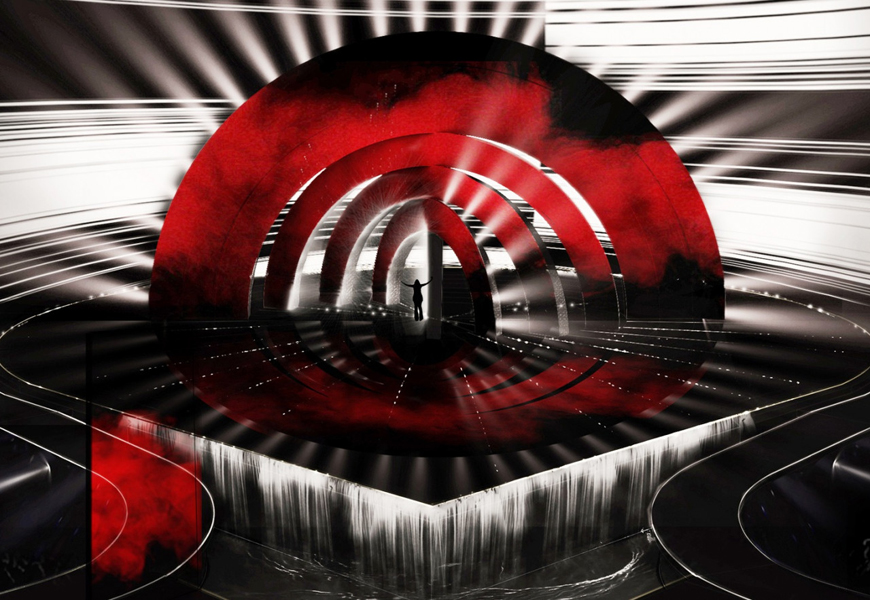
Where does it take place?
Taking place at the PalaOlimpico (one of Italy’s largest indoor arenas) in Turin, Italy, the venue will be at full capacity with 13,300 Europop fans in attendance looking forward to plenty of over-the-top moments.
When does it take place?
Eurovision 2022 will take place across three nights on May 10, 12 and 14, 2022.
The first semi-final of the 2022 Eurovision Song Contest takes place on Tuesday May 10, 2022 with the first group of countries competing for a place in Saturday’s Grand Final. The 17 competing countries on night one are: Albania, Latvia, Lithuania, Switzerland, Slovenia, Ukraine, Bulgaria, Netherlands, Moldova, Portugal, Croatia, Denmark, Austria, Iceland, Greece, Norway and Armenia.
The second semi-final of the 2022 Eurovision Song Contest will take place on Thursday, May 12, 2022 and features 18 different acts taking to the stage in the hope of securing a place in Saturday’s Grand Final. Competing on night two are: Finland, Israel, Serbia, Azerbaijan, Georgia, Malta, San Marino, Australia, Cyprus, Ireland, North Macedonia, Estonia, Romania, Poland, Montenegro, Belgium, Sweden and Czech Republic.
All the qualifying acts from the semi-finals will then join the “Big Five” (United Kingdom, France, Germany, Spain and the host country Italy) in the 66th Eurovision Song Contest Grand Final that will take place on Saturday, May 14, 2022. All forty participating countries will vote in the final.
Måneskin will return to the Eurovision stage after their win last year and will perform “Supermodel” their brand new single in the Grand Final.
Note: The semi-finals will be around three hours long, whilst the Grand Final will be around four hours long – get those snacks ready.
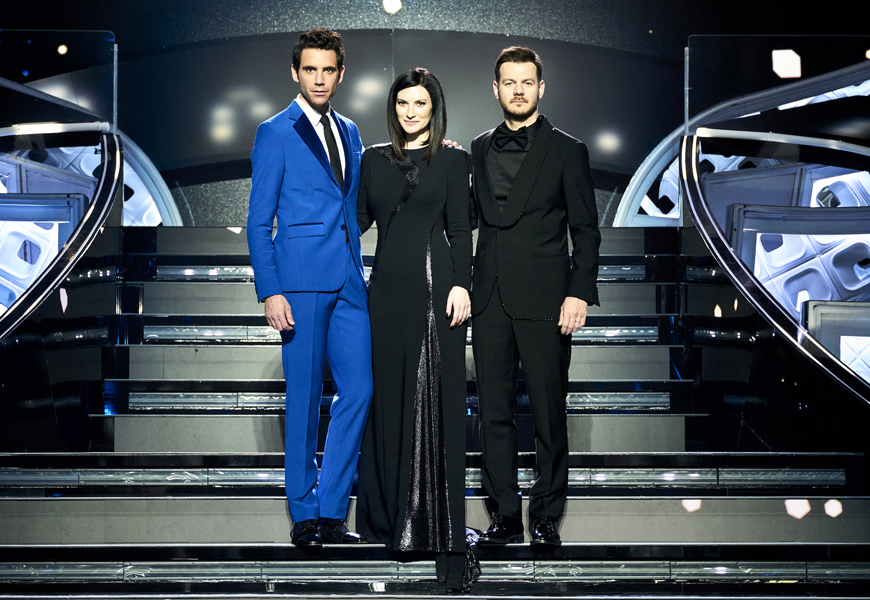
How to watch
In Europe, the 2022 Eurovision Song Contest will be broadcast live on the BBC, with the always hilarious Graham Norton commentating. If you’re in Canada or the US the easiest way to watch the semi-finals or the Grand Final is via the livestream on YouTube. (Here’s the links: the first semi-final live show, the second semi-final live show, and the Grand Final)
You do not need to watch the semi-finals to watch the Grand Final. The semi-finals merely round up who will compete in the Eurovision Song Contest Grand Finale.
Who to watch out for?
Who will win the 2022 Eurovision Song Contest? Bookmakers have predicted that Kalush Orchestra, Ukraine’s entry for 2022, as the current favourite. Russia’s attack on Ukraine makes this choice a kind one, in line with the world’s impassioned response. Initially written as a tribute to the mother of Kalush Orchestra’s frontman, “Stefania” is one of the most-watched Eurovision entries on YouTube.
But, it’s important to remember that this contest is always unpredictable! After all, last year bookmakers predicted that Malta would win, however on the night of the Grand Final the country placed 7th.
Watch for insanely catchy tracks from: Sweden (Cornelia Jakobs – “Hold Me Closer”), Italy (Mahmood & Blanco – “Brividi”), United Kingdom (Sam Ryder – “Space Man”), Spain (Chanel – “SloMo”), Estonia (Stefan – “Hope”), Iceland (Systur – “Með Hækkandi Sól”), Norway (Subwoolfer, “Give That Wold A Banana”), and France (Alvan & Ahez – “Fulenn”).
Need a music preview before the sitting down for the semi-finals? You’re in luck because there’s an official recap of all 40 songs competing at this year.
That’s it, that’s all! Enjoy the 2022 Eurovision Song Contest and good luck getting those songs, and accompanying performances, out of your head!

